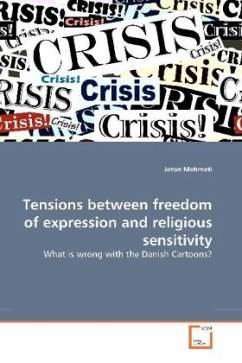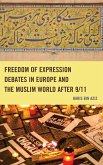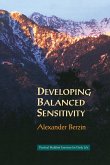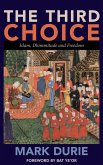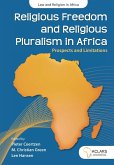Freedom of expression is not only one of the basic elements of democracy but a precondition to the process itself. Under the name of freedom of expression, a Danish newspaper in 2005 publishes 12 caricatures depicting the Prophet Muhammad. These cartoons enrage the Muslim World, who considers cartoons as offending and racist. Denmark and some other European countries stand up to protect their freedom of expression, while Muslims raise up to defend themselves against the new wave of prejudice and xenophobia. European politicians find themselves divided into two; the left wing sees the publication as outrageous, endangering the marginalized minorities, while the right wing sees minorities as threatening to the liberal democracy. This book attempts to look at the political, social and economic consequences of Danish cartoons. Was the cartoon publication a mistake? Should freedom of expression be absolute or it should be used responsibly, especially when it targets vulnerable minorities? To Muslims drawing the Prophet is considered a sin and a forbidden act. To the West anybody can be a target of criticism and even mockery. The debate is ongoing.
Bitte wählen Sie Ihr Anliegen aus.
Rechnungen
Retourenschein anfordern
Bestellstatus
Storno

